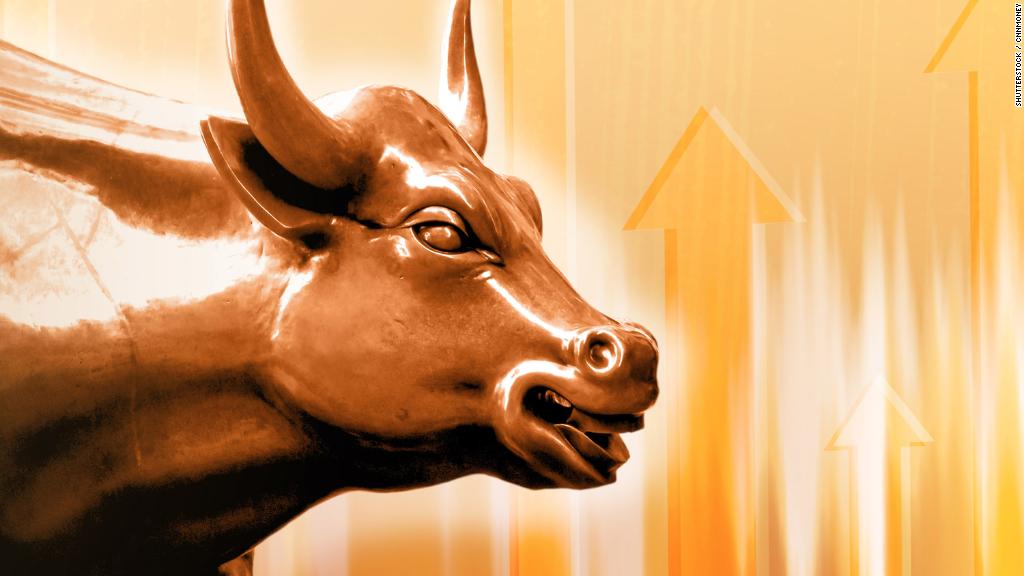
Martin Feldstein, one of the most influential Republican economists of the last 40 years, is warning that the stock market is poised to plunge.
That could drag down the U.S. economy, Feldstein warned.
In Wall Street Journal column with the headline "Stocks Are Headed for a Fall," Feldstein argued that years of cheap money from the Federal Reserve has produced an overvalued stock market. He expects stocks to tumble as interest rates on bonds start to rise.
"When interest rates rise back to normal levels, share prices are also likely to revert to previous norms," he wrote. "...The implied fall in the market would reduce the value of household equities held directly and through mutual funds by $10 trillion."
He said that enormous decline in household wealth will take a deep bite out of consumer spending. That could shave 2% off of U.S. gross domestic product, the broad measure of the nation's economic activity.
"The drop in equity prices would also raise the cost of equity capital, reducing business investment and further depressing GDP," he wrote.
Related: Goldman Sachs warns that stocks haven't been this pricey since 1900
The prediction comes as stocks continue one of their strongest runs ever, regularly setting record highs, and going for the longest period on record without even a modest 3% pullback. Feldstein was the chairman of Council of Economic Advisers under President Reagan and an adviser to President George W. Bush credited with being one of the fathers of his administration's tax cut plan.
Related: The stock market is a runaway freight train
He blames the steps that the Fed took in 2008 in response to the financial crisis, taking interest rates down to near 0%, and buying huge amounts of assets to pump money into the economy. Investors looking for returns on the investments moved into stocks and real estate, which inflated the value of those assets. But now with the Fed raising rates and selling its assets, he thinks the inflated stock prices are bound to end.
His column says that some of the current law is likely to increase the federal budget deficit, which he says will be another factor driving up interest rates.


